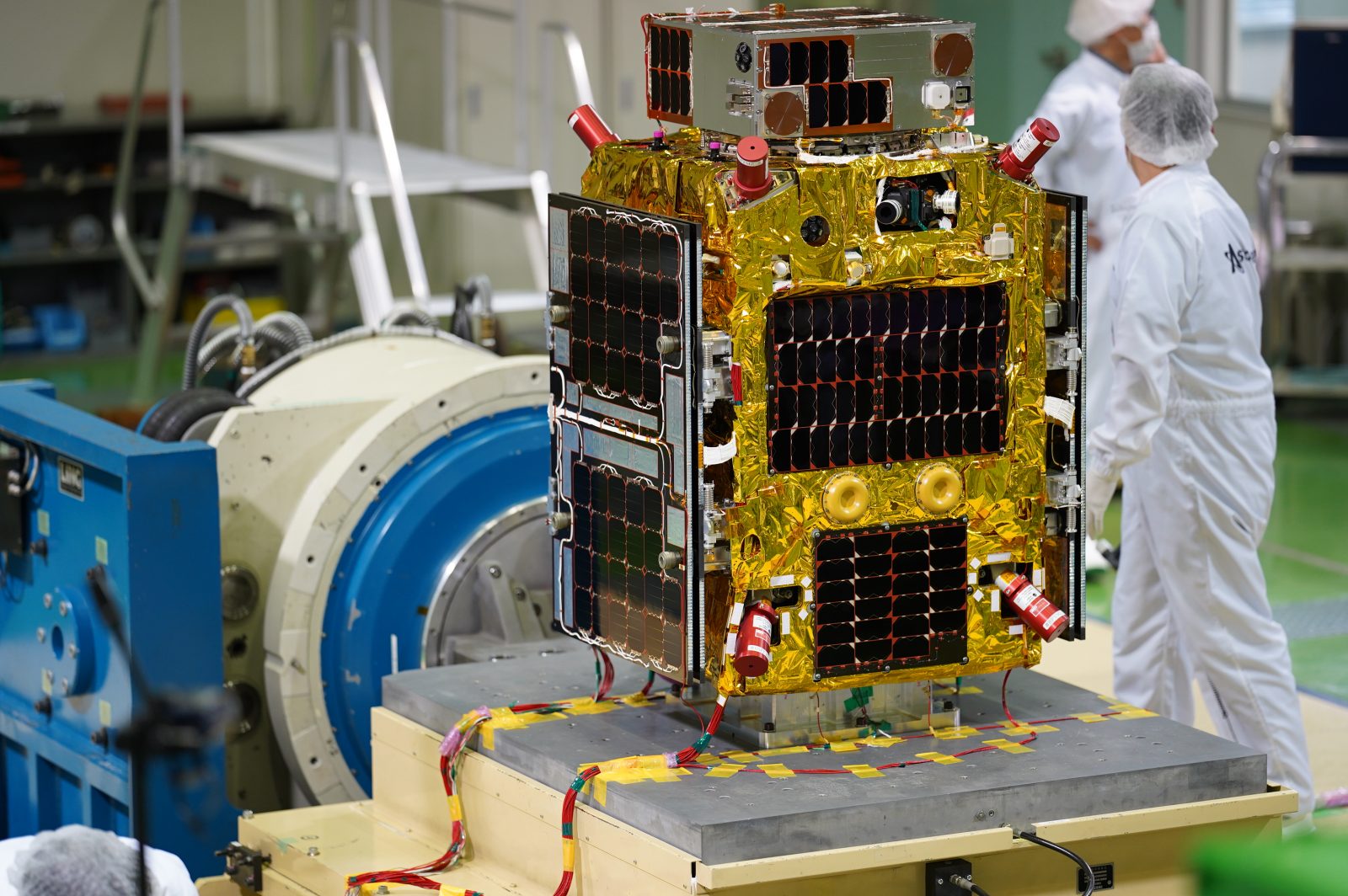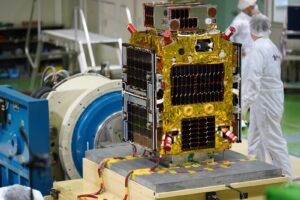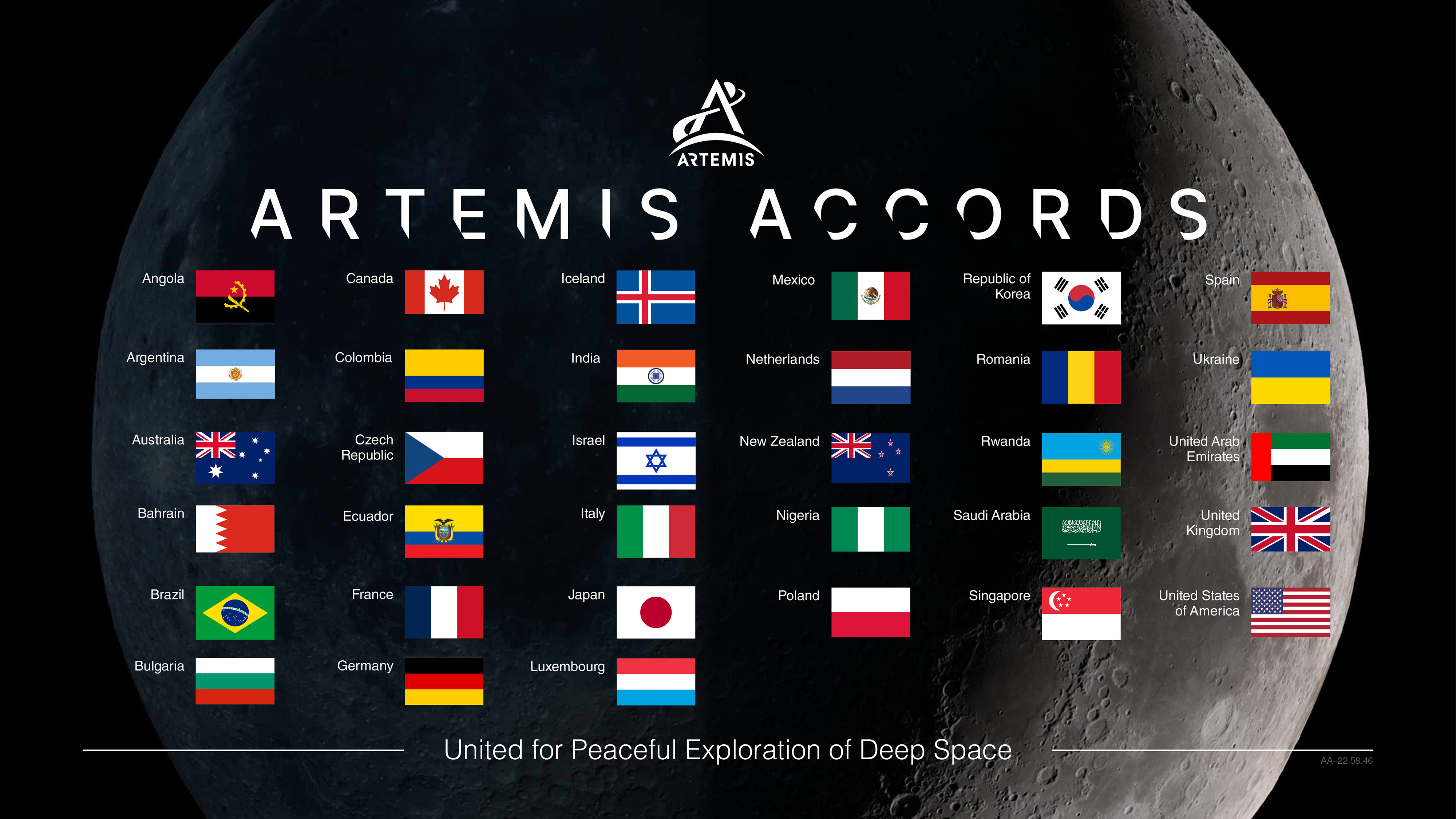Op-ed | Making space for ESG
Providing increasingly valuable data and monitoring for Earth-based environmental sustainability efforts is contingent on the long-term utilization of space and, consequently, the sustainability of the space environment itself. SpaceNews


SpaceNews recently highlighted the growing recognition that companies can use space-based data and services to demonstrate their implementation of the environmental component of Environmental, Social, Governance (ESG) principles.
It is fantastic to see the space industry supporting ESG objectives by providing data and monitoring for Earth-based environmental sustainability efforts.
Yet we also need to recognize that providing these valuable services is contingent on the long-term utilization of space and, consequently, the sustainability of the space environment itself.
The proliferation of space debris and risk of collision have become a principal threat to satellites and the sustainability of the critical space infrastructure upon which the global economy depends.
As more satellites launch, more operators enter the global space economy, and more terrestrial activities depend on space, this concern around debris and collision risk becomes ever more pressing.
As our reliance on satellite services grows and the environment becomes increasingly congested, it is critical that space companies take responsibility for their role in the global economy by defining and implementing their own ESG objectives.
Space is not special; it is an extension of the environment in which space companies operate and must be considered as part of a holistic view of ESG objectives.
ESG principles can be used by satellite operators to hold themselves to the higher standard that investors and other stakeholders are coming to expect, securing a competitive advantage and commercial benefits beyond the basic risk reduction to their own future business operations.
We encourage satellite operators to join like-minded responsible space companies in developing further best practices. The Space Safety Coalition is one such industry-led group; endorsing their Best Practices for the Sustainability of Space Operations would be a strong show of commitment towards responsible behavior in space. Satellite operators should advocate for a safe and sustainable space environment in which to operate successfully and build their businesses for the long-term.
Satellite operators can use ESG principles to promote and demonstrate their responsible use of space. We argue that satellites operators must include space sustainability when evaluating ESG objectives: space companies operate both on Earth and in space, so as such, ESG should encompass both of these environments. We present three practical recommendations for satellite operators to incorporate space safety and sustainability into their ESG strategy:
- See, be seen, and be warned. Ensure your spacecraft can be tracked, are being tracked, and can be uniquely identified once deployed through operations and until end of disposal. Implement a process for conjunction warnings, assessments and responses, including coordination with other commercial and government satellite operators.
- Prepare for the unexpected. Use propulsion or other techniques to avoid collision with trackable objects and consider multiple ways to de-orbit/re-orbit your spacecraft at end-of-life in cases of critical onboard anomalies. Consider space tugs or on-orbit services in future operations as risk reduction strategies and for space architecture robustness.
- Expedite removal from operating orbits. Leave no trace in commonly used LEO and GEO orbits!
For space companies, it is important to consider a holistic view of sustainability that includes not only our actions on Earth and the customers we serve, but the orbital environment that satellites depend on for operations.
The argument that space companies are a valuable contributor to monitoring terrestrial companies for their sustainability performance falls flat without addressing sustainability in our own “backyard.” Let’s build a sustainable future in space using every definition of the word.
Harriet Brettle is head of business analysis at Astroscale UK, a division of the Japanese-headquartered on-orbit servicing venture, and Carolyn Belle is director of advanced systems for its U.S. division.





































